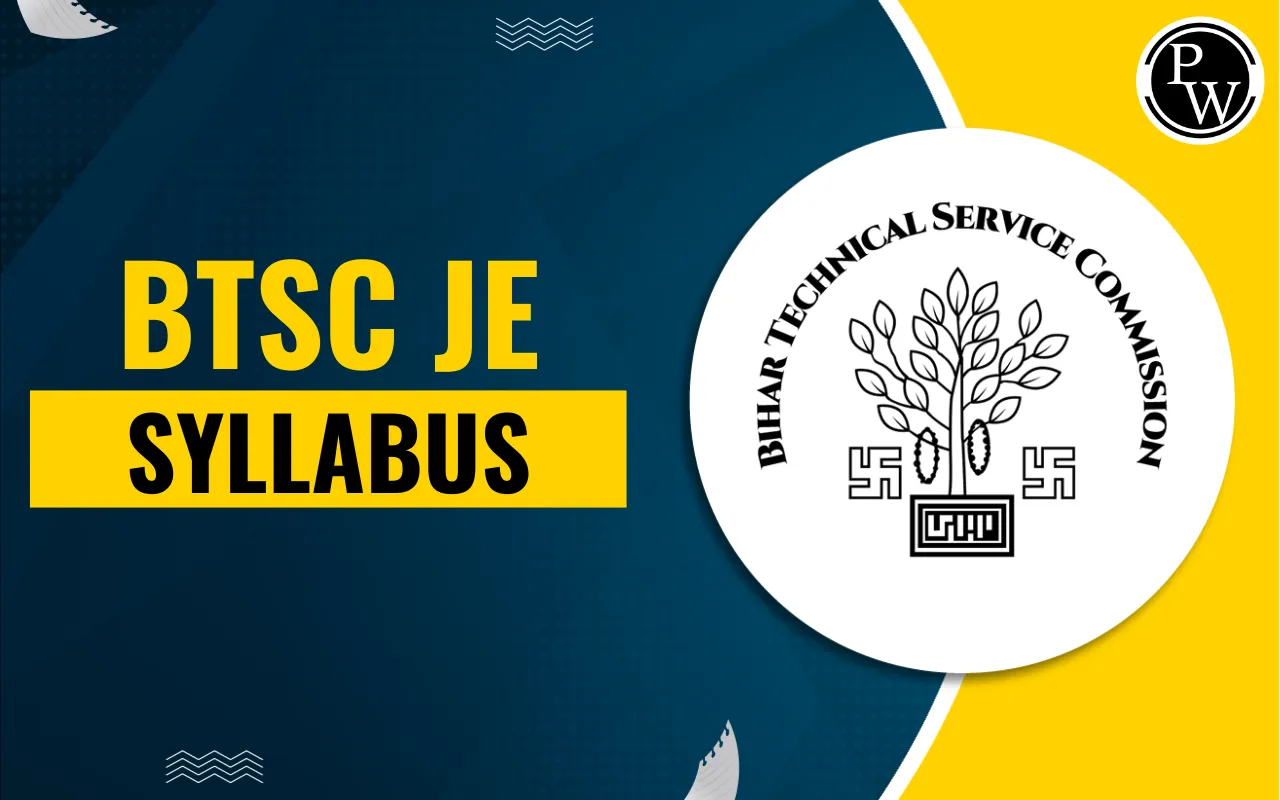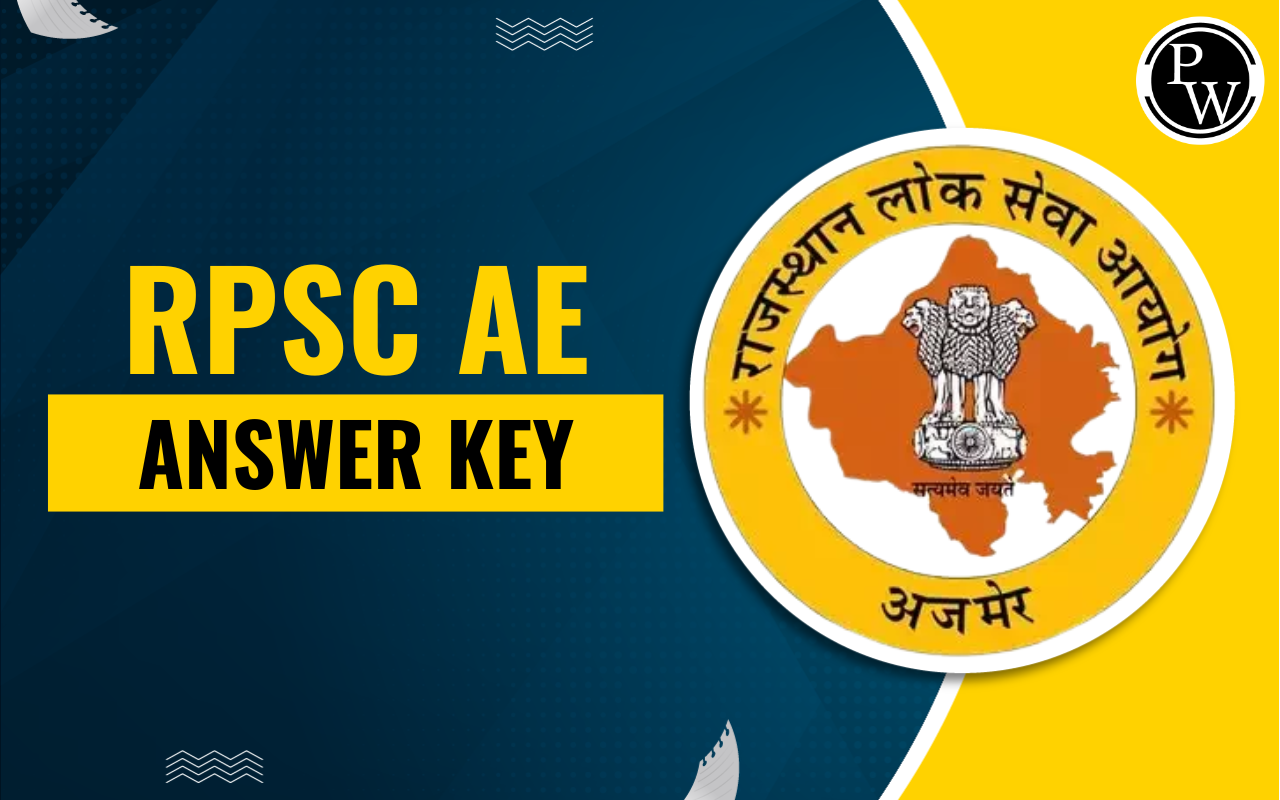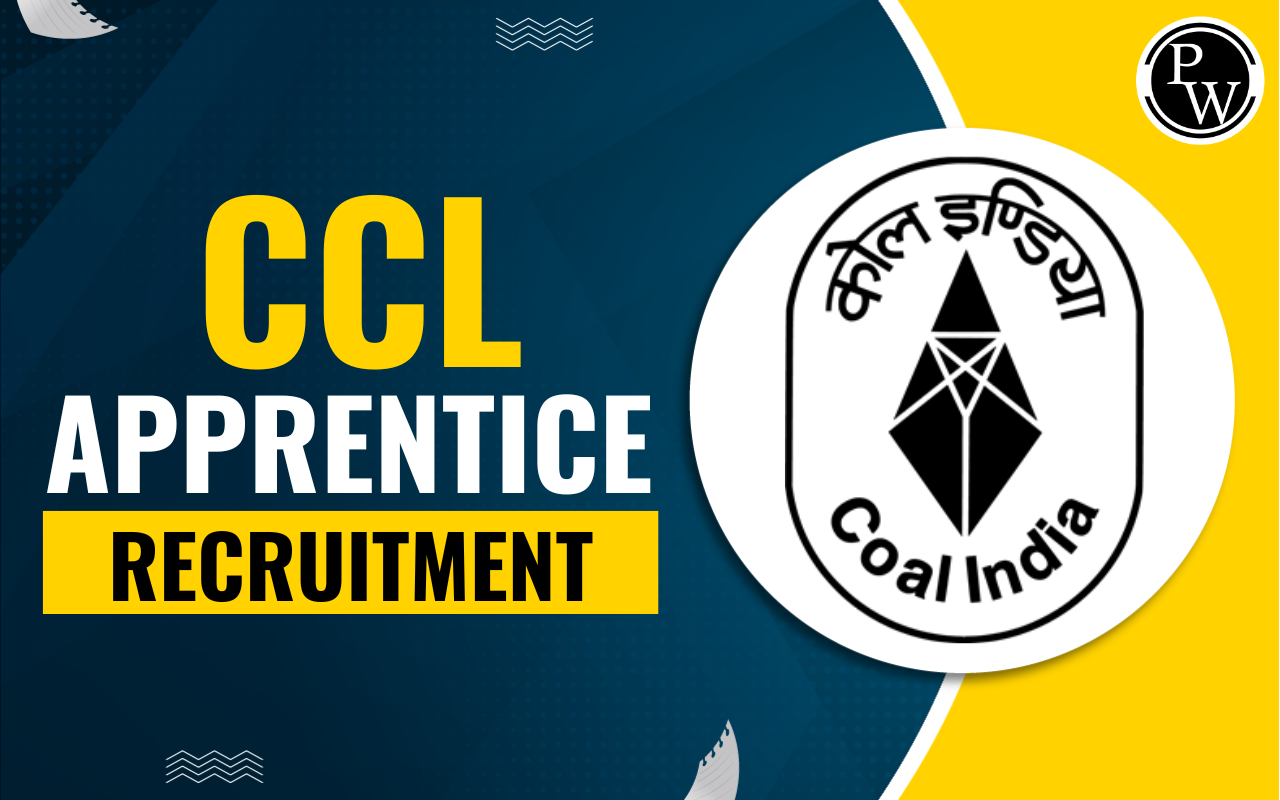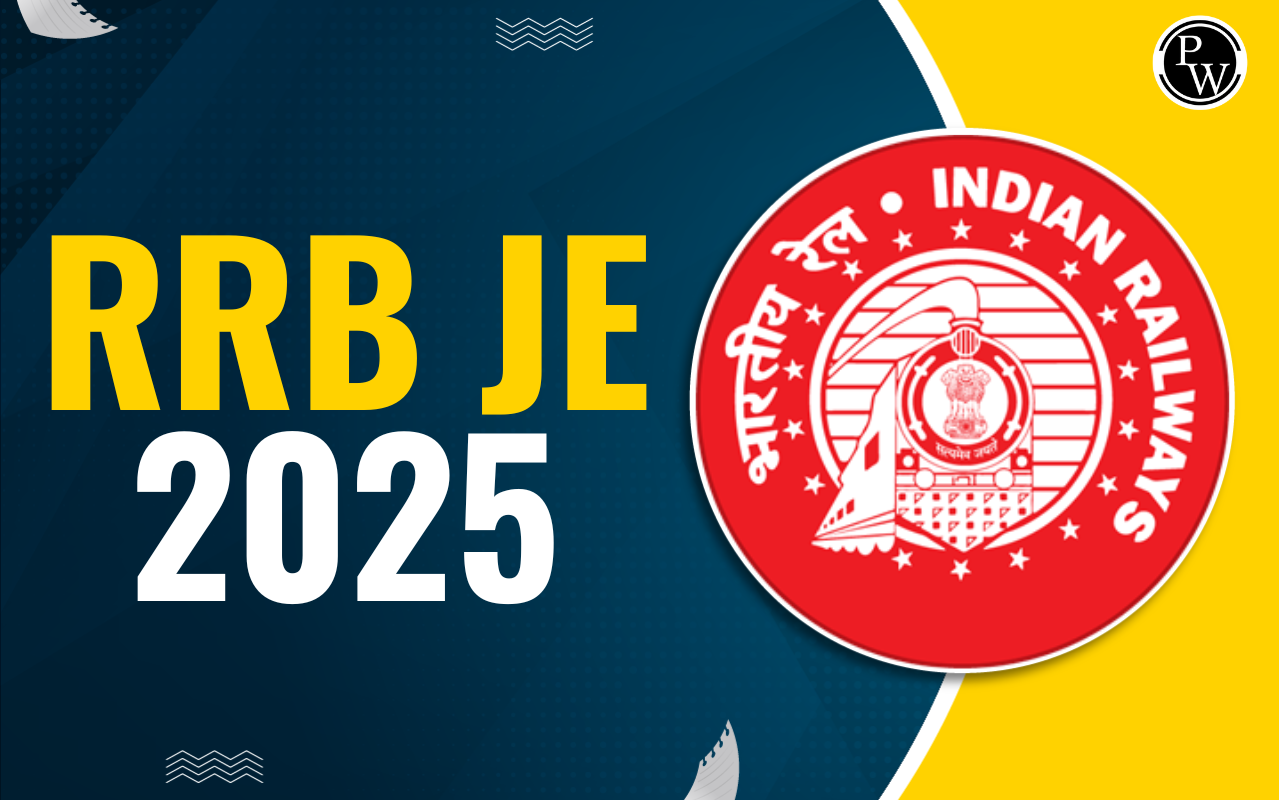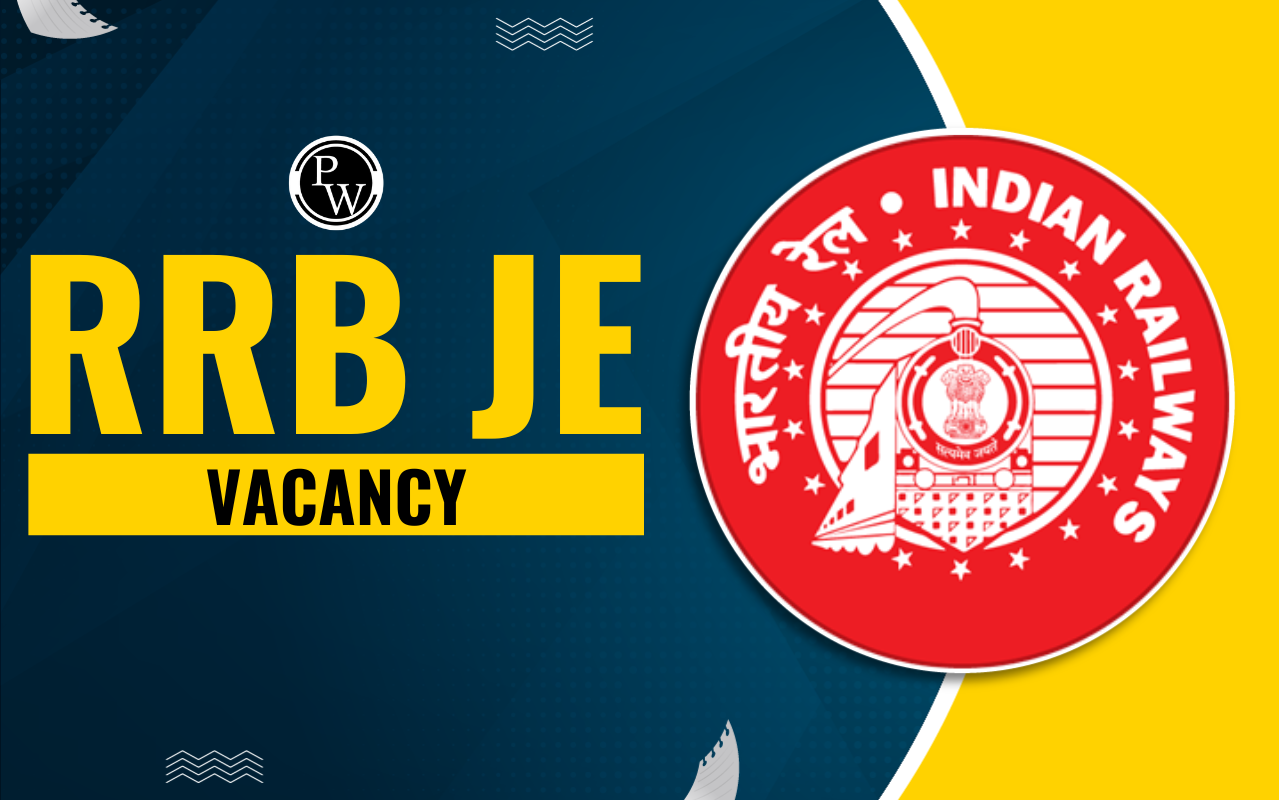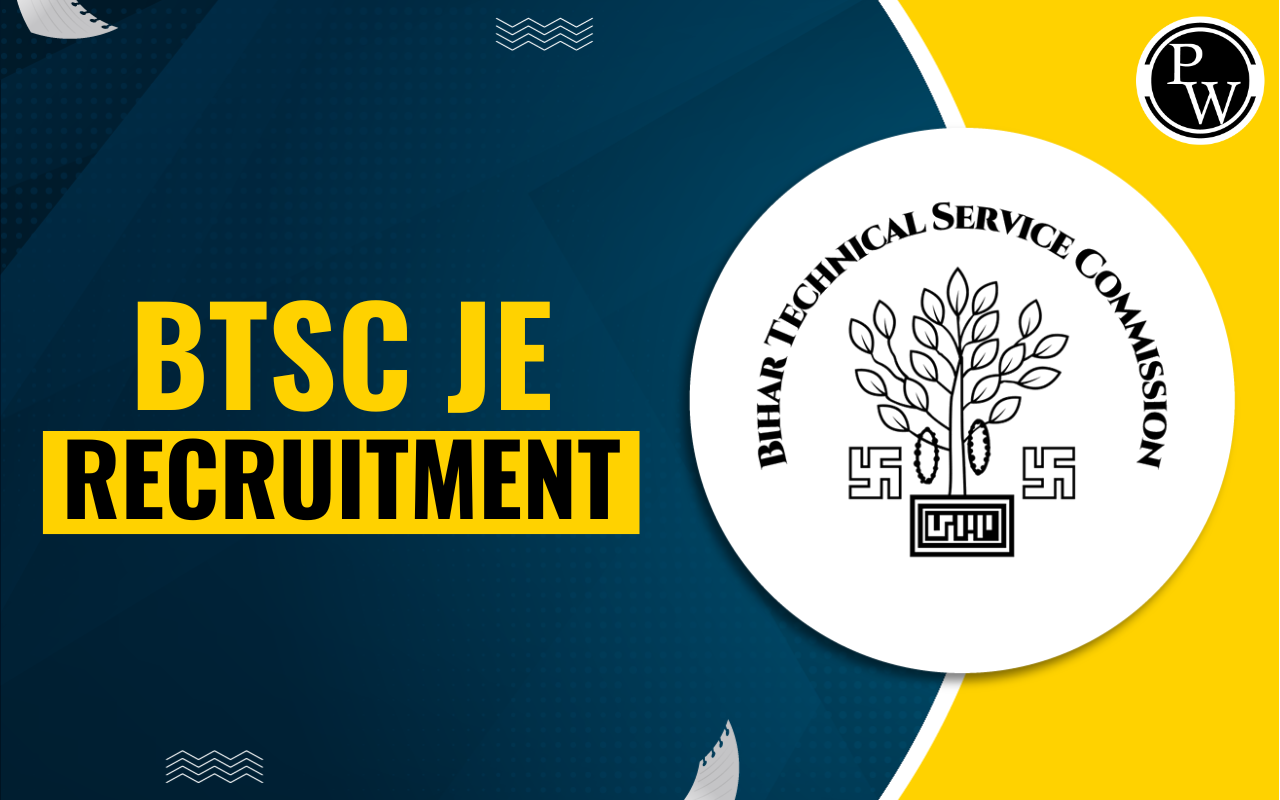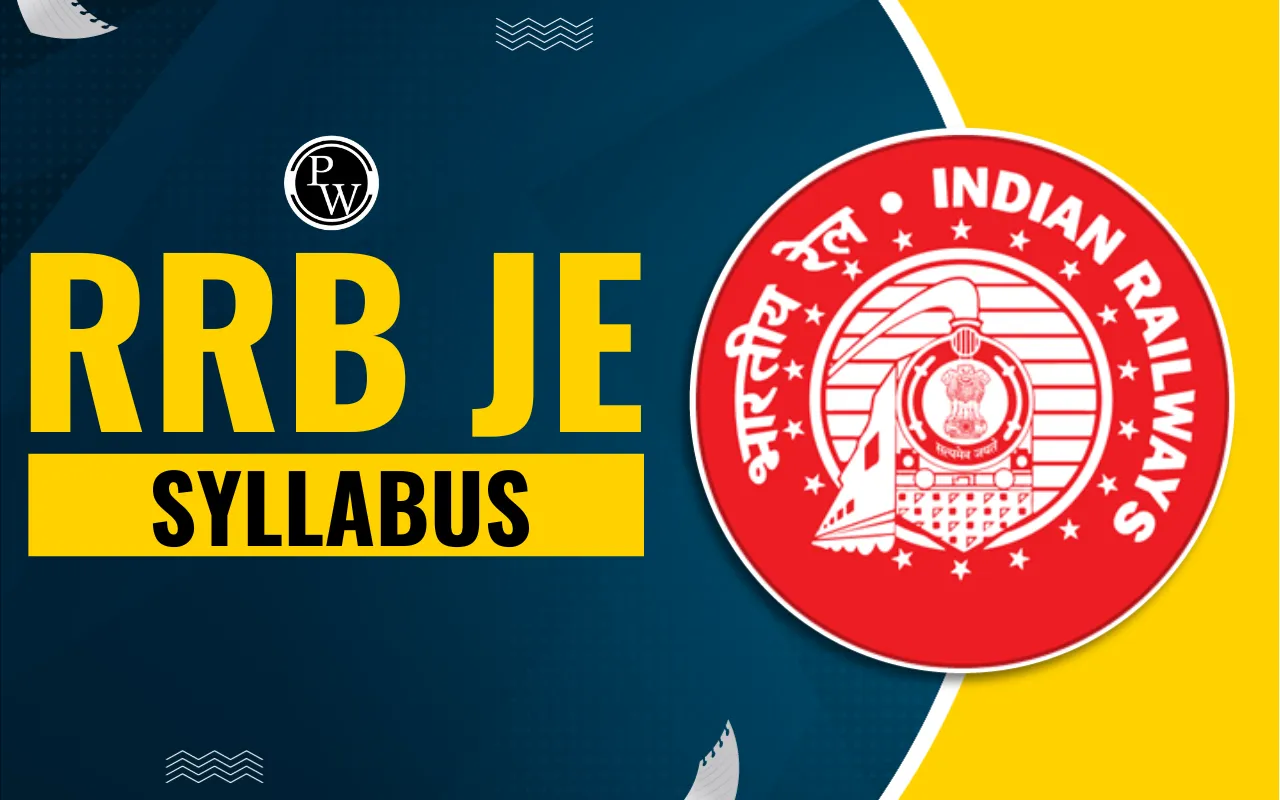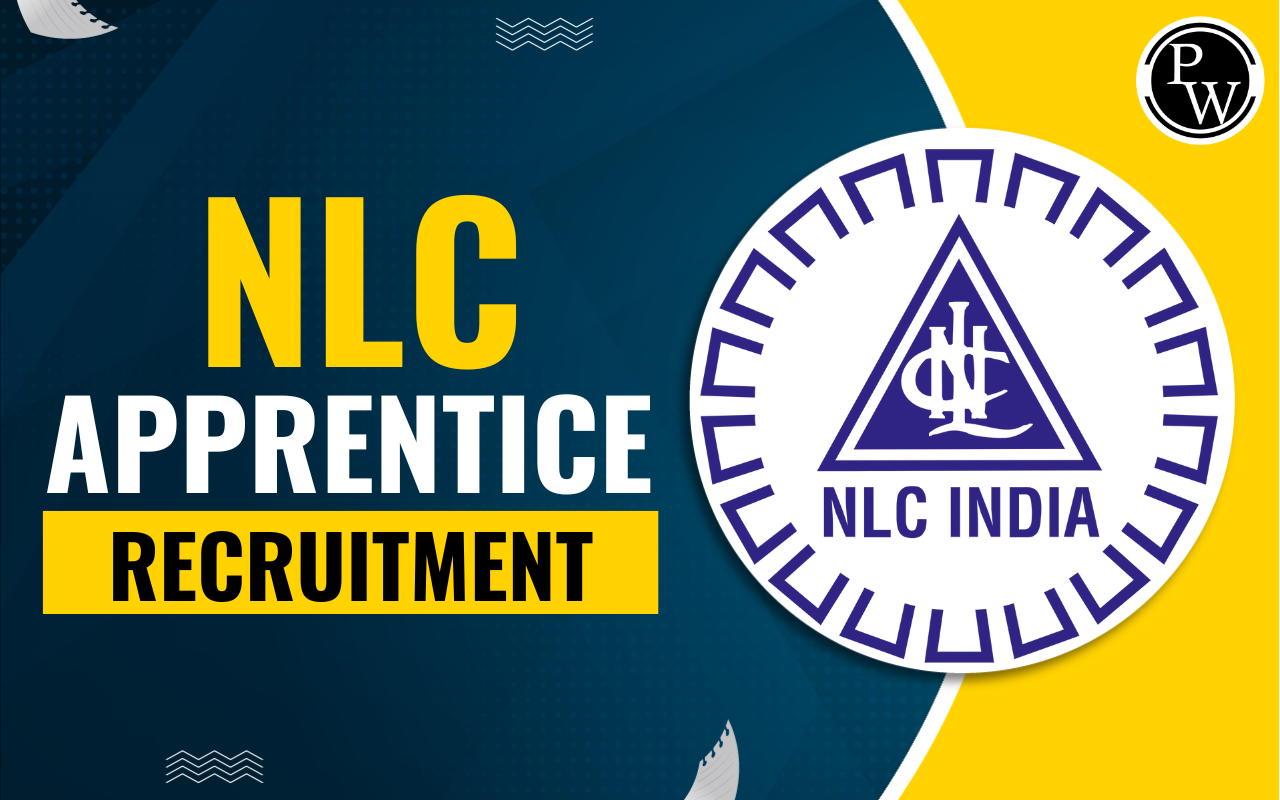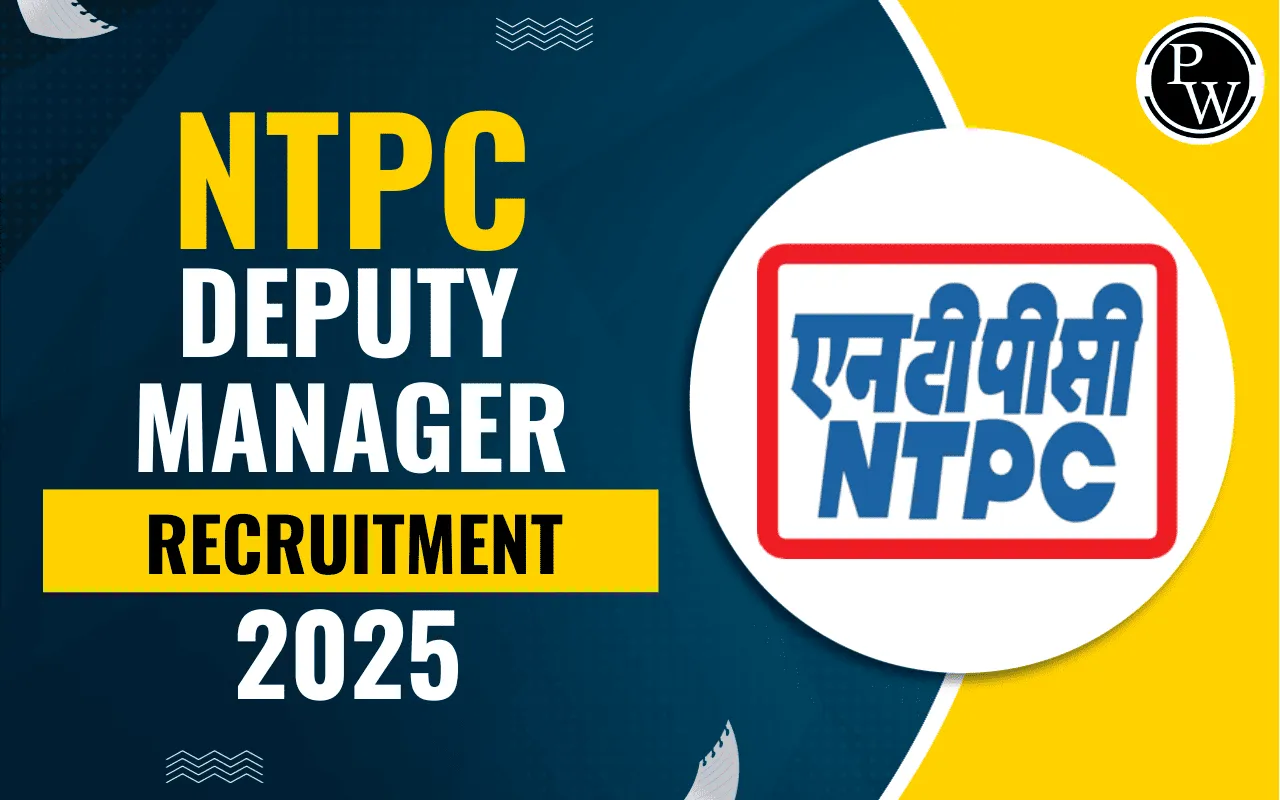
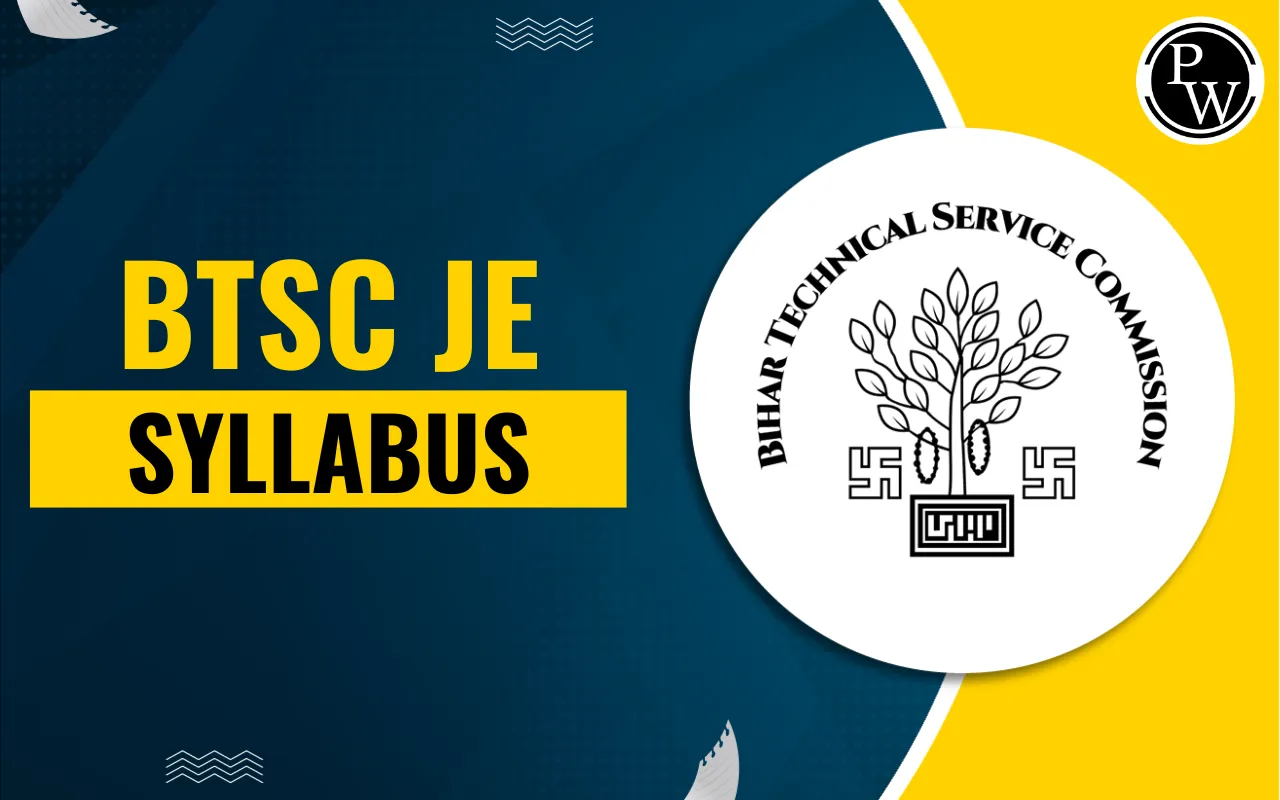
BTSC JE Syllabus 2025 has been released along with the official recruitment notification for Junior Engineer posts. This syllabus helps candidates understand the subjects and topics they need to study for the Computer-Based Test. The exam checks both general knowledge and technical knowledge. Knowing the complete BTSC JE Syllabus 2025 is important for every candidate who wants to prepare well and score good marks in the exam.
BTSC JE Syllabus 2025 Out
BTSC JE Syllabus 2025 Out notification is available on the official website. It gives details about all subjects and topics included in the syllabus. Candidates should download the BTSC JE Syllabus 2025 Out notice to plan their preparation properly. It clearly mentions the weightage of each section and the pattern of questions.
Bihar BTSC JE Syllabus 2025 Overview
Before checking the detailed syllabus, it is helpful to understand the basic information. Candidates should read the Bihar BTSC JE Syllabus 2025 Overview carefully to know the structure of the exam.
| Bihar BTSC JE Syllabus 2025 Overview | |
| Particulars | Details |
| Exam Name | BTSC Junior Engineer Exam 2025 |
| Conducting Body | Bihar Technical Service Commission (BTSC) |
| Post Name | Junior Engineer (Civil, Mechanical, Electrical) |
| Subjects Covered | General Studies and Engineering (Diploma Level) |
| Exam Mode | Computer-Based Test (CBT) |
| Marking Scheme | +1 for correct answer, -0.25 for wrong answer |
Check: BTSC JE Salary
BTSC JE Syllabus 2025
BTSC JE Syllabus 2025 is divided into two main sections: General Studies and Engineering subjects. The Engineering part includes Civil, Mechanical, and Electrical topics. Questions will be asked at the Diploma level. Understanding the detailed BTSC JE Syllabus 2025 will help candidates focus on the right areas.
| BTSC JE Syllabus 2025 | ||
| Subject | Unit | Topics |
| General Studies | - | Current Affairs (National & International), Indian History, Indian Geography, Indian Polity, Science and Technology, Static GK, Sports, Economic Scene |
| Civil Engineering | Building Materials | Physical & chemical properties, classification, tests, uses, manufacture/quarrying, asbestos, timber, laminates, paints, varnishes. |
| Estimating, Costing, and Valuation | Estimates, technical terms, rate analysis, items of work (earthwork, brick work, RCC, shuttering, timber work, painting, flooring, plastering, water tank), bar bending, valuation methods. | |
| Surveying | Principles, distance measurement, chain surveying, compass, local attraction, plane table, theodolite adjustments, levelling, contouring, dumpy level, tachometric survey, and advanced equipment. | |
| Soil Mechanics | Origin, phase diagram, void ratio, density index, grain size, index properties, Atterberg limits, ISI classification, permeability, triaxial test, compaction, bearing capacity, SPT. | |
| Hydraulics | Fluid properties, hydrostatics, flow measurement, Bernoulli’s theorem, flow through pipes and channels, pumps, turbines. | |
| Irrigation Engineering | Definition, necessity, methods, hydrology, rainfall, crop water requirement, duty, delta, kharif/rabi crops, command area, irrigation efficiencies, canals, weir, barrage, Kennedy & Lacey theories, flood control, land reclamation, soil fertility. | |
| Transportation Engineering | Highways (design, pavements, materials), WBM & WMM, bituminous & rigid pavements, joints, railway engineering (components, track geometry), traffic engineering (surveys, signals, signs, road safety). | |
| Environmental Engineering | Water quality, sources, purification, distribution, sanitation, sewers, sewerage systems, sewage treatment, drainage, solid waste, air & noise pollution. | |
| Theory of Structures | Elasticity, beam types, bending moment & shear force, moment of inertia, retaining walls, slope deflection, critical load, torsion. | |
| Concrete Technology | Properties, cement, aggregates, water-cement ratio, mix design, batching, mixing, curing, quality control, hot/cold weather concreting. | |
| RCC Design | Beams, slabs, lintels, T-beams, footings, columns, staircases, and water tanks using limit state & working stress methods. | |
| Steel Design | Columns, beams, roof trusses, plate girders. | |
| Electrical Engineering | Basic Electrical | Ohm’s Law, AC/DC circuits, network theorems, series/parallel circuits. |
| Electrical Machines | Transformers, DC machines, induction & synchronous machines. | |
| Power Systems | Generation (thermal, hydro, nuclear, renewable), transmission & distribution, protection, power factor improvement. | |
| Circuits & Networks | Mesh & nodal analysis, resonance, transients, two-port networks. | |
| Measurements | Instruments, errors, power & energy measurement, bridges, transducers. | |
| Control Systems | Open/closed loop, transfer functions, time/frequency domain, stability. | |
| Power Electronics | Rectifiers, inverters, converters, SMPS, UPS. | |
| Utilization | Drives, traction, heating, welding, illumination. | |
| Switchgear & Protection | Circuit breakers, relays, and protection schemes | |
| Mechanical Engineering | Engineering Mechanics | Laws of motion, force systems, friction, centroid, inertia, dynamics. |
| Strength of Materials | Stress-strain, bending moment, shear force, torsion, columns, cylinders. | |
| Thermodynamics | Laws, entropy, Otto, Diesel, Rankine, refrigeration cycles. | |
| Theory of Machines | Mechanisms, gears, flywheels, governors, cams, balancing, vibrations. | |
| Fluid Mechanics | Fluid properties, Bernoulli’s theorem, pipe flow, pumps, turbines. | |
| Heat Transfer | Conduction, convection, radiation, and heat exchangers. | |
| IC Engines & Power Plants | IC engines, boilers, steam/gas turbines, fuels. | |
| Manufacturing | Casting, welding, machining, tools, jigs, fixtures, and non-traditional machining. | |
| Industrial Engineering | Work/time study, plant layout, material handling, production planning. | |
| Machine Design | Shafts, keys, couplings, springs, bearings, gears, brakes, and clutches. | |
Check: BTSC JE Eligibility Criteria
BTSC Junior Engineer Syllabus 2025 PDF
Candidates can download the BTSC Junior Engineer Syllabus 2025 PDF to keep a copy of the topics on their devices. The BTSC Junior Engineer Syllabus 2025 PDF helps in offline preparation and quick revision before the exam. It is advised to download and keep it ready for daily study.
BTSC JE Exam Pattern 2025
Knowing the BTSC JE Exam Pattern 2025 is important for understanding how the paper will be structured. The BTSC JE Exam Pattern 2025 gives clear information about the number of questions, marks, and duration.
| BTSC JE Exam Pattern 2025 | |||
| Subjects | No. of Questions | No. of Marks | Duration |
| General Studies | 20 | 20 | 2 Hours |
| Subject-specific (Civil, Electrical, Mechanical) | 80 | 80 | 2 Hours |
BTSC JE Syllabus 2025 gives a complete idea of what candidates need to study for the exam. It includes General Studies and detailed Engineering subjects. Understanding the syllabus and exam pattern well will help in better preparation. Make sure to keep the BTSC JE Syllabus 2025 handy during your study period.
Explore PW AE JE Online Courses to prepare effectively for the SSC JE, RRB JE, and other upcoming AE/JE examinations. Avail the structured study material with mock tests, e-books, etc. to gear up your exam preparation.
